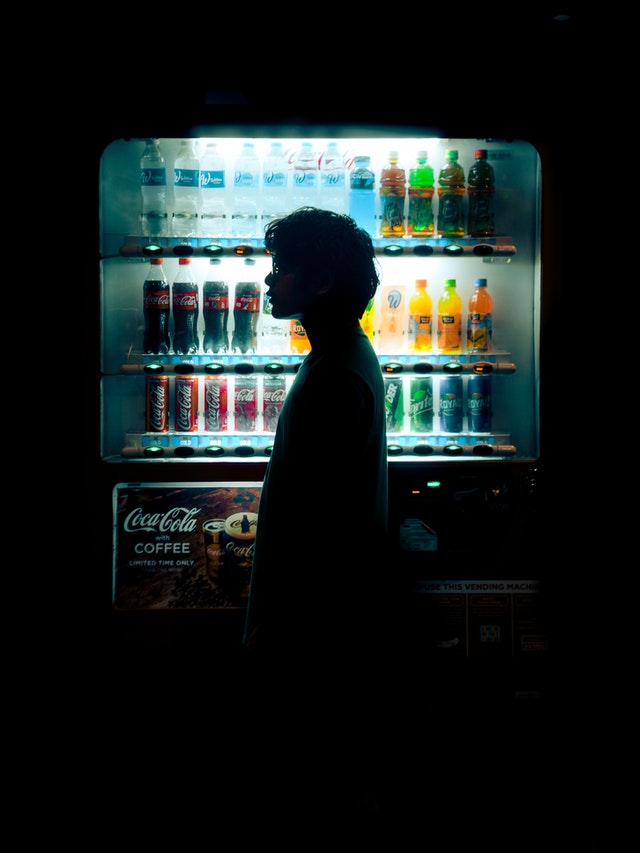Earlier this week, Jamie Lee Curtis celebrated 22 years sober. In a post to her Instagram account, the actress wrote that “A LONG time ago… In a galaxy far, far away… I was a young STAR at WAR with herself.”
However, she continued, “With God’s grace and the support of MANY people who could relate to all the ‘feelings’ and a couple of sober angels…I’ve been able to stay sober, one day at a time, for 22 years.”
Curtis has been open about her addiction for many years. Her drug of choice was Vicodin, but I think that most addicts of any stripe will relate to her story. As a recovering alcoholic, I certainly did.
High-Functioning Addicts
Even at the height of her painkiller abuse, Curtis never fit the stereotypical image of an addict. She hadn’t lost her job, her marriage wasn’t falling apart, and she wasn’t struggling with money.
In a 2019 interview with Variety magazine, Curtis explained that her life was in fact just the opposite: “I was in a good stable marriage, writing books for children that were bestsellers. I was getting more and more work and more and more fame and attention and adulation.”
Curtis summed it up by saying that she “got more as [her] addiction got worse, not less.” Her experience is exactly the opposite of what most people would expect.
Although this not what the average person would imagine addiction to look like, I can actually relate to it far more than the traditional image. I certainly wasn’t a world-famous actor, but my life did seem to go extraordinarily well for someone with a daily drinking habit.
As my habit reached its peak, I was attending a top law school — and excelling there. I wondered how I could possibly be a real addict while experiencing so much outward success.
It can be almost impossible to take addiction seriously when you appear successful. As Curtis says, it makes “that denial much more pervasive.” It’s not just that we’re hiding our addictions from other people, we’re actually hiding them from ourselves.
For years, I went back and forth between desperately wanting to get sober and telling myself that I didn’t have any problem at all. Sometimes I’d flip between these two extremes several times in one night.
The danger is that an addiction is still real — and incredibly harmful — even if the effects are primarily internal. Curtis described herself as being trapped “in a prison of [her] own mind.”
I always appreciate when it high-profile celebrities like Curtis speak up about their addictions, because it helps demonstrate that addiction can take many shapes. The fact that certain aspects of an addict’s life are going well doesn’t mean that their addiction is any less real or dangerous.
The “Shameful Secret”
The other major benefit of celebrities speaking out about their addictions is that it helps break down the stigma surrounding the issue. For far too many years, addiction has been viewed as a moral failing — something to hide even after we’re in recovery.
In refreshing contrast, Curtis believes that “to call yourself an alcoholic or a drug addict is a badge of honor, because the secret — the shameful secret — is the reason that it is such a pervasive illness.”
Each time that a recovering addict opens up about their experiences, they do a little bit to eliminate the stigma and encourage others to seek help. When a celebrity like Curtis takes pride in her sobriety, she is showing others that they do not need to be ashamed.
It might be hard for a non-addict to understand just how strong the shame surrounding addiction can be, but I’m sure that every addict knows it well.
I’ve grown up in an age when the stigma is already disappearing, yet I was still deeply ashamed of my drinking for years. My embarrassment stood in the way of quitting alcohol and hindered my early attempts at sobriety.
Even though I rationally understood that alcoholism is not a moral issue, a part of me couldn’t help feeling like it was. It took over a year of sobriety before I let go of all the shame and guilt surrounding my drinking.
By candidly discussing her sobriety in front of a global audience, Curtis has done a lot to help reduce this shame for future generations of addicts. As the stigma continues to disappear, I hope we’ll see far more recovering addicts following her example.
